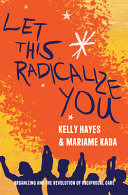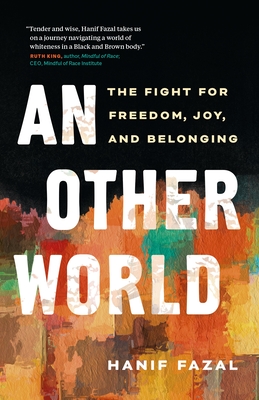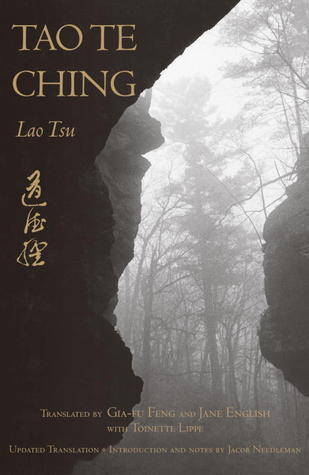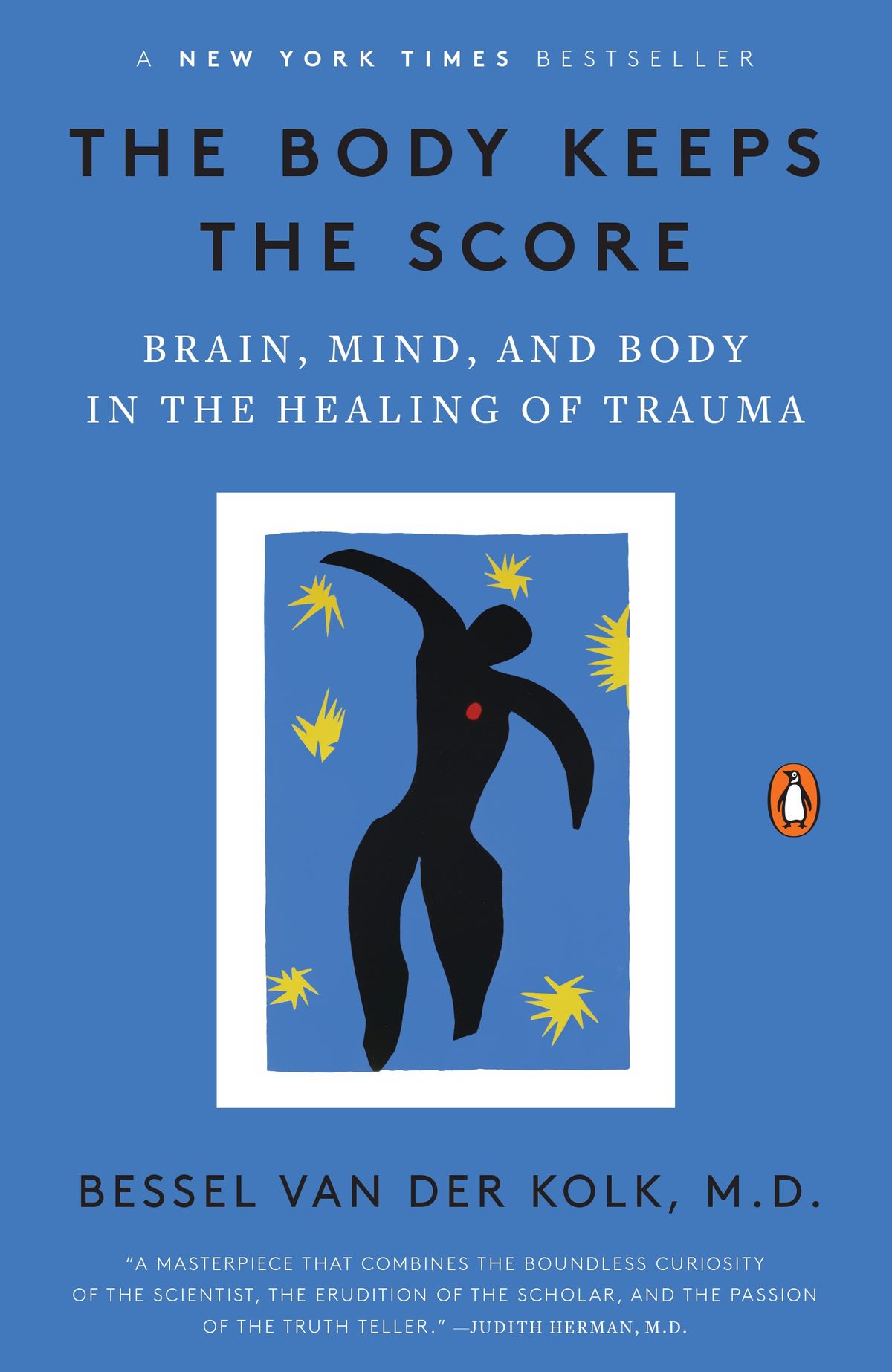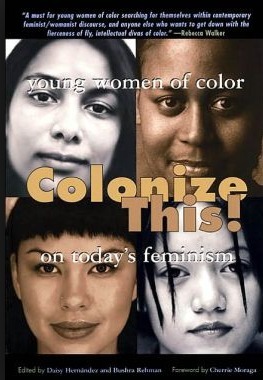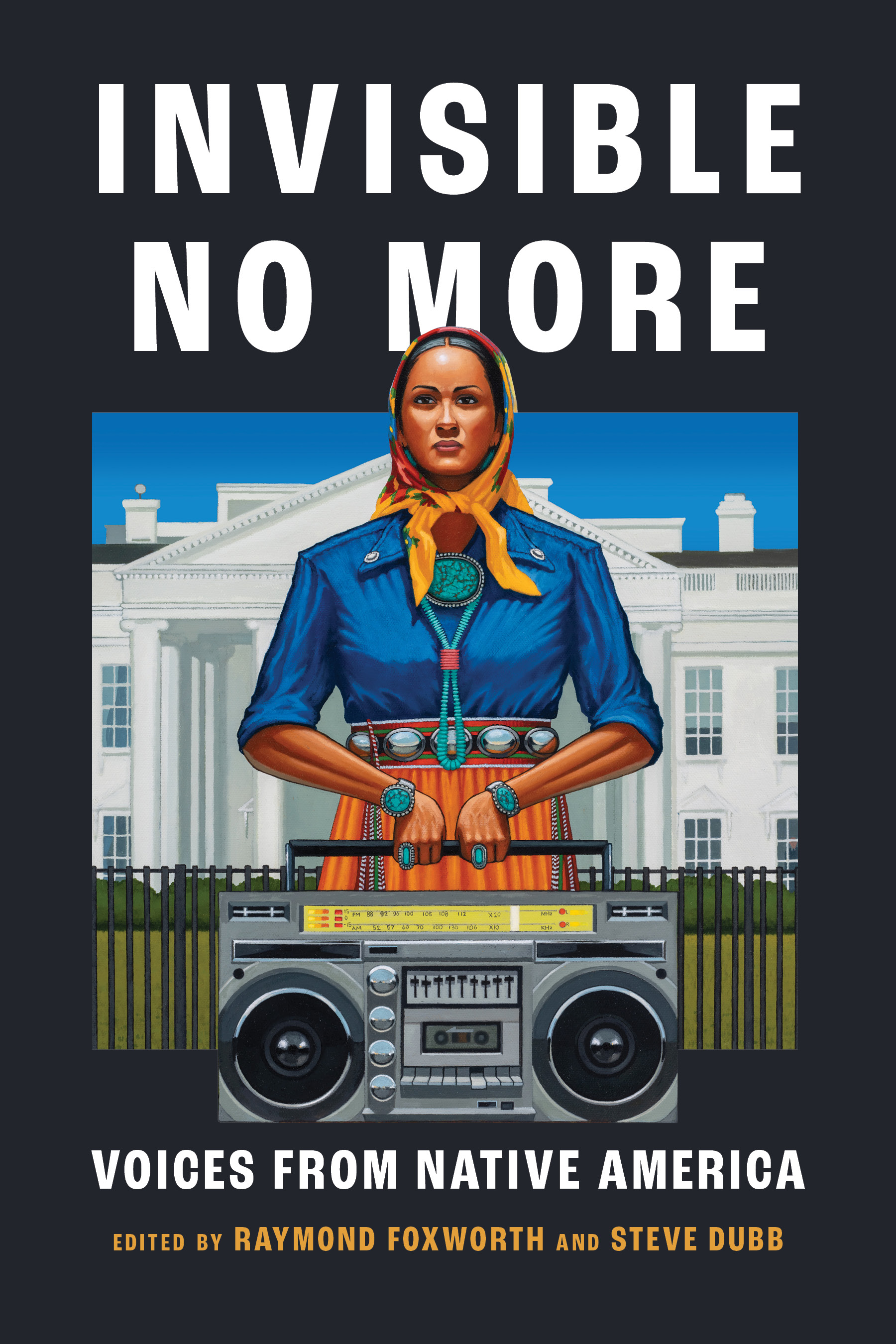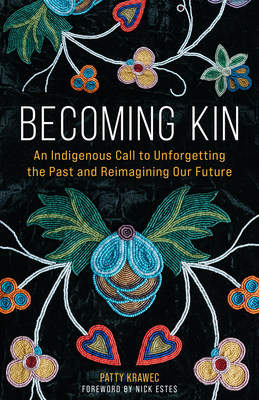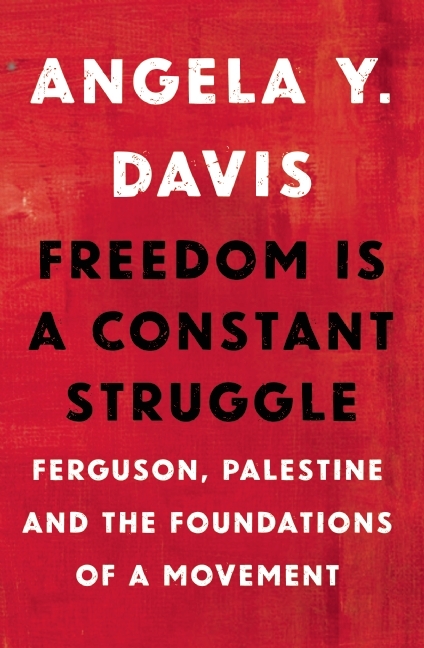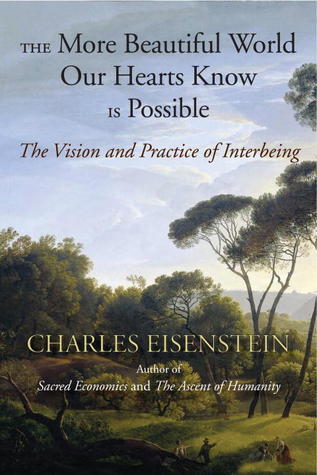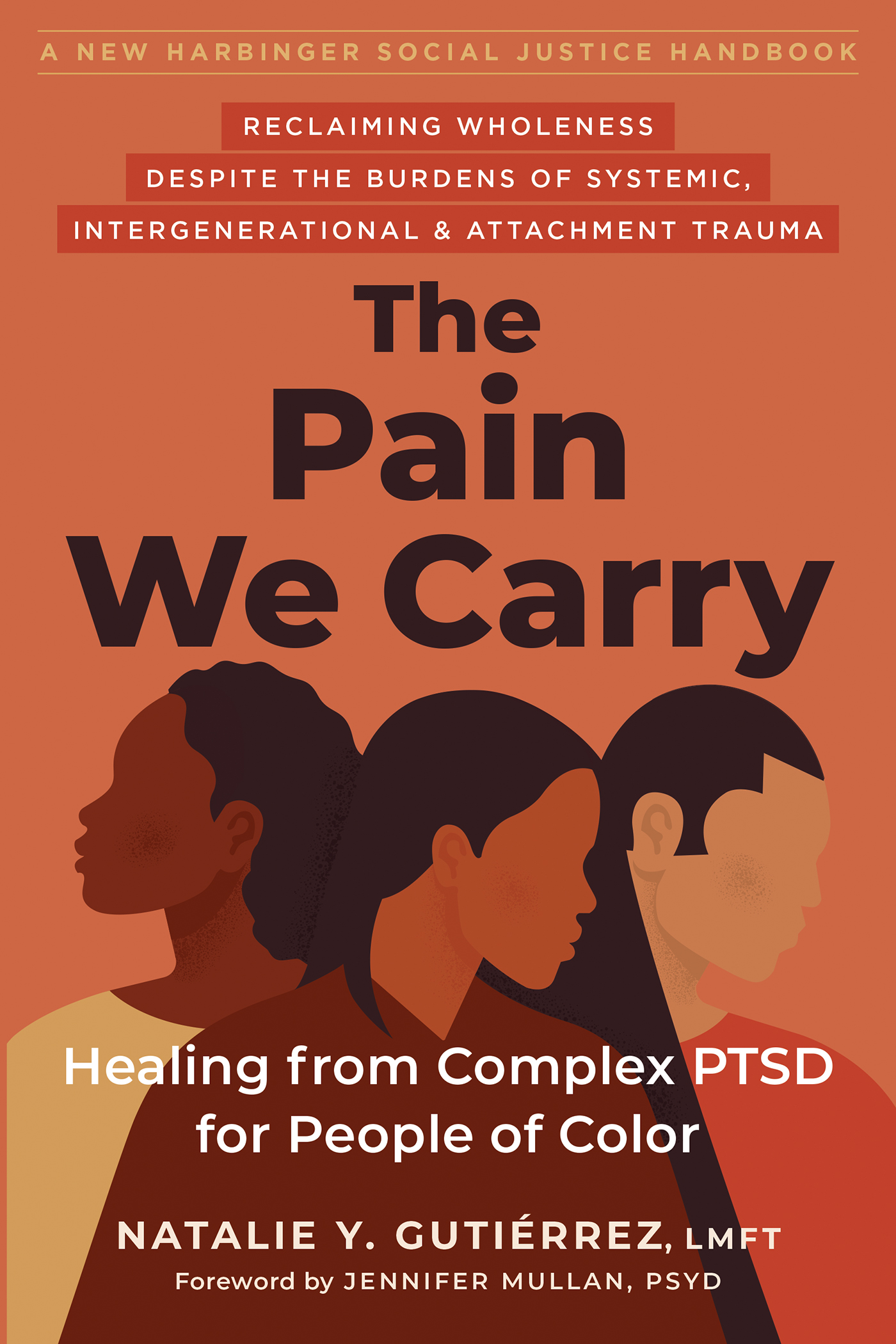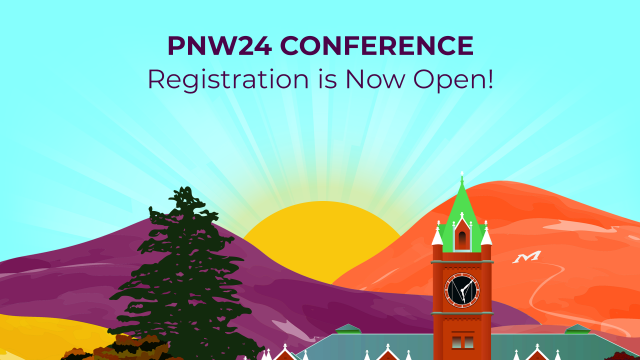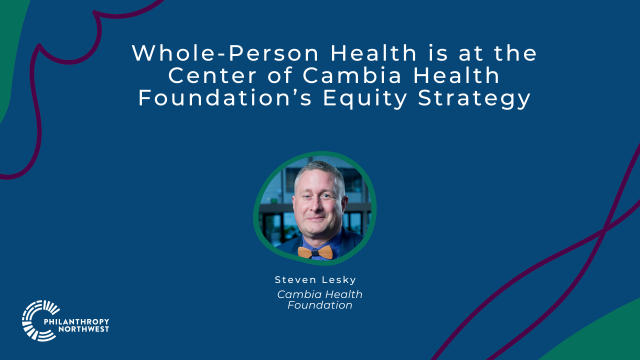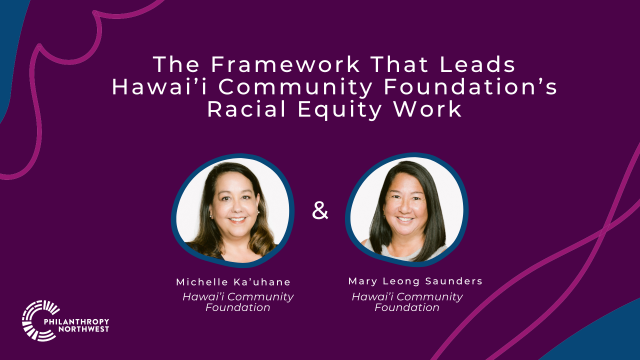
Spring has arrived, and with its mix of rain and sunshine, it's the perfect season to cozy up with a good book — indoors or out. Our team at Philanthropy Northwest and The Giving Practice curated a delightful list of what we're currently reading. From insightful articles to captivating poetry, these recommendations are bound to inspire social impact and personal and professional growth. Topics range from healing and power shifts to inclusive systems and honoring the perspectives of women of color and Native peoples in our sector.
Let This Radicalize You: Organizing and the Revolution of Reciprocal Care by Kelly Hayes and Mariame Kaba
Emily Daman, Senior Analyst at The Giving Practice"'Let This Radicalize You’ is a must-read for activists and organizers – as well as anyone seeking to collectively build new possibilities rooted in justice. The book is a series of stories from organizers who share their journeys and lessons on building community during tumultuous times, and how care for each other should be at the center of this work. As Hayes, one of the authors, reminds us, 'We are each other’s best hope.’”
An Other World: The Fight for Freedom, Joy, and Belonging by Hanif Fazal
Jill Nishi, CEO at Philanthropy Northwest and The Giving Practice“If you didn’t have a chance to hear from Hanif Fazal during our annual membership meeting last year, please do take time to read his beautiful memoir and journey on how his formative years as a young person of color in suburban Portland inspired his passion for creating more inclusive systems and organizations. Hanif’s vulnerability and stories of isolation and invisibility will inspire all of us to do better by our young people so they are all seen, validated and heard.”
Tao Te Ching by Lao Tzu Translated by Jacob Needleman
Abby Sarmac, Senior Advisor at The Giving Practice“I'm reading ‘Tao Te Ching.’ It's poetry primarily and also beautifully encapsulates the polarities we often need to navigate and bridge in our work. For example, in one of its early chapters, ‘In the rise of relative opposites,’ the Tao talks about good and hate; being and nonbeing; difficult and easy; front and behind; managing without action; preaching without words; acting without appropriation; accomplishes but claims no credit and in claiming no credit, that credit cannot be taken away. I’m finding great comfort in the words.”
The Body Keeps the Score: Brain, Mind, and Body in the Healing of Trauma by Bessel van der Kolk
Mika Day, Manager, Marketing and Communications at Philanthropy Northwest“I’ve been reading ‘The Body Keeps the Score: Brain, Mind, and Body in the Healing of Trauma’ by Bessel van der Kolk. It is all about how trauma affects the human body and the power relationships have to both inflict that trauma and help you recover from it. The author spent years working with trauma patients of all kinds and shares stories of these experiences to show the reader how trauma can show up in our bodies and minds. Part storytelling and part lesson on neuroscience – this book is fascinating.”
Colonize This!: Young Women of Color on Today's Feminism Edited by Bushra Rehman and Daisy Hernández
Samantha Sherwood, Executive Support Specialist at Philanthropy Northwest“I’ve been reading ‘Colonize This!’, an anthology of perspectives written by Women of Color. The stories offer intimate looks into each writer’s life as they highlight their cultural experiences alongside the complexities of being young women of color in today’s feminist movement. This is a fundamental vantage point as feminism moves toward a more intersectional future.”
Invisible No More: Voices from Native America Edited by Raymond Foxworth and Steve Dubb
Karalyn Jenkins, Associate, Marketing and Communications at Philanthropy Northwest“I recommend reading ‘Invisible No More,’ a collection of stories by Native American leaders, primarily women, who are reshaping community, environmental and economic justice. The book centers Native leaders as agents of change, challenging philanthropic organizations' historical exclusion of Native peoples and advocating for inclusion. Some themes include challenging philanthropy, protecting resources and achieving justice. Something I appreciate about the collection is the truth-telling of the painful history of how philanthropic wealth often arose from the theft of Native lands and resources.”
Becoming Kin: An Indigenous Call to Unforgetting the Past and Reimagining Our Future by Patty Krawec
Rachel Allen, Specialist, Salesforce and Knowledge Management at Philanthropy NorthwestIn this book, Anishinaabe author Patty Krawec helps the reader see settler colonialism in North America from an Indigenous perspective. Patty shares about the historical displacement and replacement of Indigenous people and the deep impact that has had on many, many lives. She talks about how Indigenous beliefs teach us to honor the earth and she contrasts that perspective with the very different values and models introduced by European settlers. The book finishes with a call to action - “we are all kin and we must unite in solidarity to heal wounds of the past and ensure a sustainable future.”’
Freedom Is a Constant Struggle: Ferguson, Palestine, and the Foundations of a Movement by Angela Y. Davis
Mares Asfaha, Associate Director, Programs at Philanthropy NorthwestMares recommends reading this collection of essays, interviews and speeches that emphasize the crucial roles of Black feminism, intersectionality and prison abolitionism in today's fight for justice. Angela Davis reflects on the legacies of past liberation movements, such as the Black Freedom Movement and the South African anti-Apartheid movement, and explores the links to contemporary struggles against state violence. Through her insights, she inspires readers to continue the pursuit of human liberation.
Philanthropy’s Golden Handcuffs: The Illusion of Liberation and the Complex Balance Between Self-Preservation and Complacency Among Foundation Workers by Andrea Arenas
Mares Asfaha, Associate Director, Programs at Philanthropy Northwest
In this personal essay written by Andrea Arena, co-founder of Community-Centric Fundraising and advocate for more equitable philanthropy, she examines the concept and struggles people of color often face when they find themselves wearing golden handcuffs. Wearing golden handcuffs refers to “individuals who feel trapped in their jobs due to attractive salaries and benefits, even if they may feel unfulfilled, denied professional growth opportunities, or restricted in their actions and expressions.” In the article, Andrea shares the consequences folks of color often face when speaking out against injustices specifically within the philanthropic sector. She also provides self-refection questions to consider for those assessing their golden handcuffs.
The More Beautiful World Our Hearts Know Is Possible by Charles Eisenstein
Pragya Madan, People and Culture Advisor for Philanthropy Northwest“Throughout the book, Eisenstein relates real-life stories showing how small, individual acts of courage, kindness and self-trust can change our culture’s guiding narrative of separation, which, he shows, has generated the present planetary crisis. He brings to conscious awareness a deep wisdom we all innately know: until we get ourselves in order, any action we take — no matter how good our intentions — will ultimately be wrong-headed and wrong-hearted. Above all, Eisenstein invites us to embrace a radically different understanding of cause and effect, sounding a clarion call to surrender our old worldview of separation, so that we can finally create the more beautiful world our hearts know is possible.”
The Pain We Carry: Healing from Complex PTSD for People of Color by Natalie Y. Gutiérrez LMFT and Jennifer Mullan PsyD
Pragya Madan, People and Culture Advisor for Philanthropy Northwest“This groundbreaking work illuminates the phenomena of complex post-traumatic stress disorder (C-PTSD) as it is uniquely experienced by people of color, and provides a much-needed path to reclaiming health and wholeness despite the heavy burden of systemic, intergenerational and attachment trauma resulting from racism in our country. Readers of color will find affirmation of their experience of C-PTSD from both a social justice and psychological lens, and learn techniques for reclaiming wholeness.”
We hope you enjoy diving into our recommendations this season! We encourage you to support local talent and diverse voices as you dive into these compelling reads. For more books by Pacific Northwest authors, visit Select Books. You can support BIPOC voices and perspectives by browsing BIPOC Books. For audiobooks, support your local bookstore with Libro.fm.
